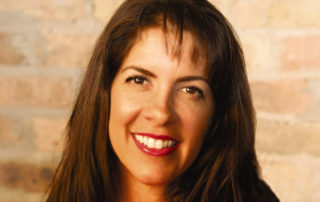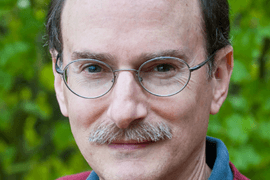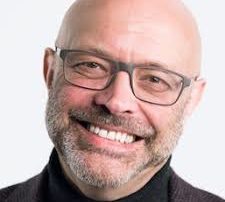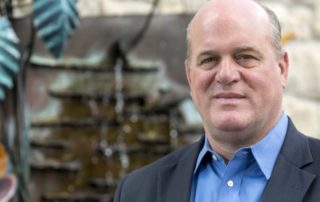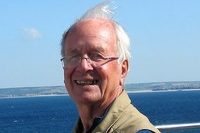
Expanding the Scope of Science
ORIGINS
David Lorimer introduces the Galileo Commission Report
REMIT
The Galileo Commission was founded in 2017 with a view to expanding the worldview of science beyond its limiting materialistic assumptions, which are seldom explicitly examined. A central and widely held assumption is that the brain generates consciousness and is therefore extinguished at death.
Following widespread consultation in 2018 with 90 advisers representing 30 universities worldwide, we have published the Galileo Commission Report, written by Prof Dr Harald Walach and entitled Beyond a Materialist Worldview – Towards an Expanded Science. The report has been widely endorsed as a groundbreaking document, so we encourage you to support our movement by joining the Galileo Commission either as a Professional Affiliate or a Friend. There is also a Summary Report and a Layman’s Report, and a brief summary of the argument is available in a number of languages. We encourage you to read and support Dr Athena Potari’s Call for a Renaissance of the Spirit in the Humanities and to read our edited book Spiritual Awakenings, which documents the transformative experiences of 57 scientists and academics.
A Call for a Renaissance of the Spirit in the Humanities
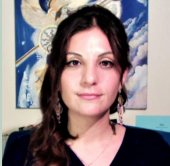 The “Call for a Renaissance of the Spirit in the Humanities”, written by Dr Athena D. Potari, is a pioneering project aiming to raise awareness regarding how the prevailing paradigm of materialism affects the ways in which knowledge is approached within the context of the Humanities. In line with the Galileo Report, which discusses the importance of liberating the positive sciences from the limitations of the paradigm of scientific materialism, this Call aims at making the case for the Humanities as well. The Call explores how recent developments in scientific studies on consciousness, and the ensuing understanding that consciousness is primary and unified, can inform our understanding of what it means to be “human” with correspondingly appropriate epistemologies, as well as how we approach key areas of human activity, including ethics, politics and the environment.
The “Call for a Renaissance of the Spirit in the Humanities”, written by Dr Athena D. Potari, is a pioneering project aiming to raise awareness regarding how the prevailing paradigm of materialism affects the ways in which knowledge is approached within the context of the Humanities. In line with the Galileo Report, which discusses the importance of liberating the positive sciences from the limitations of the paradigm of scientific materialism, this Call aims at making the case for the Humanities as well. The Call explores how recent developments in scientific studies on consciousness, and the ensuing understanding that consciousness is primary and unified, can inform our understanding of what it means to be “human” with correspondingly appropriate epistemologies, as well as how we approach key areas of human activity, including ethics, politics and the environment.What people say…
Featured book
Featured podcast
The Playful Universe – Marjorie Woollacott, David Lorimer and Gary Schwartz (Eds)
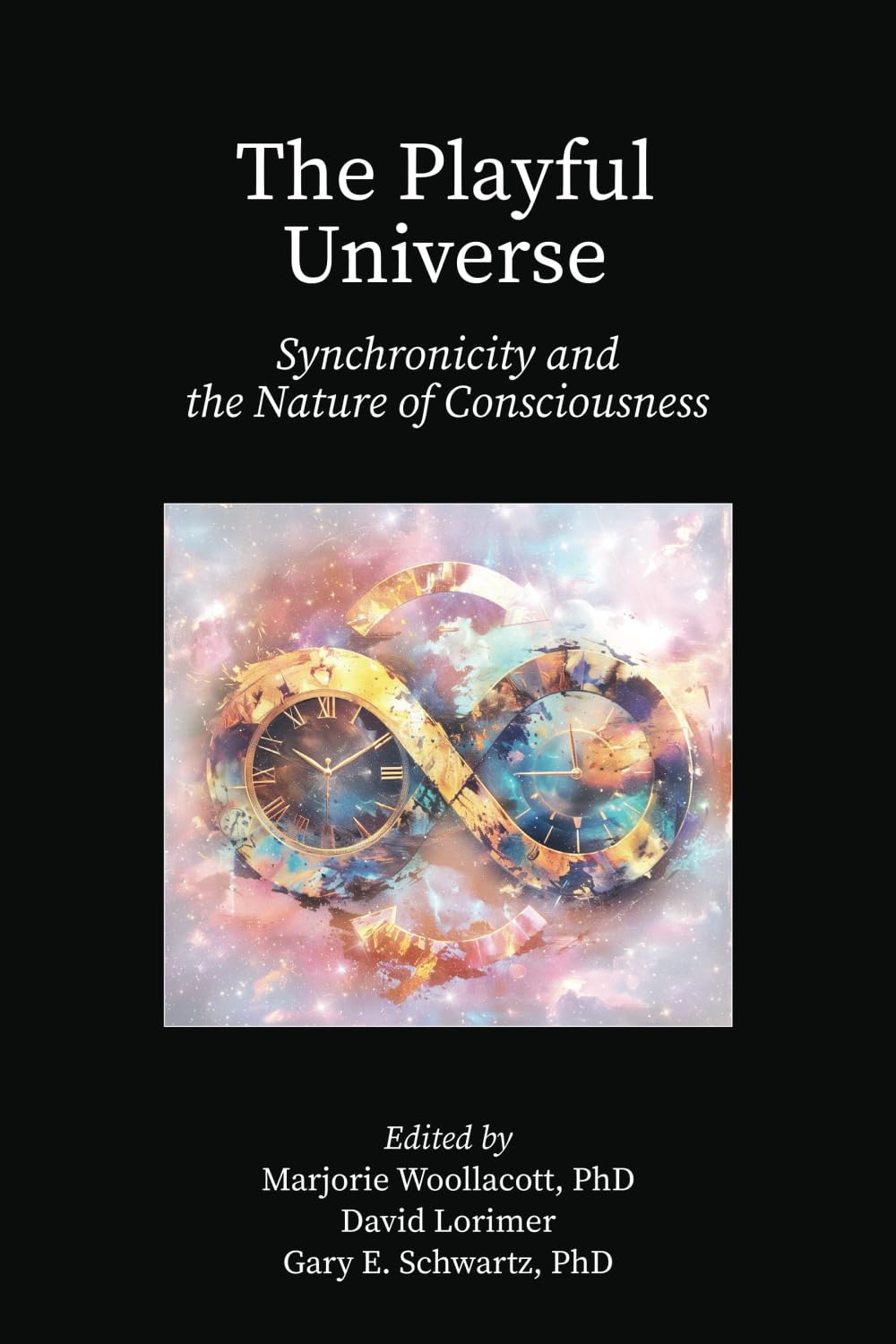
This volume consists of essays by scientists and academics describing their own experiences of synchronicity and how these experiences transformed both their worldview and the way they lived their lives. We truly believe that this is a fundamentally intelligent, benevolent, creative and playful universe in which we, as individual expressions of the one Universal Mind, co-create our reality.
Recent News
Two Veridical Near-Death Experiences – S. Arnold & T. Barker
This panel will begin with a brief summary of the 2016 book The Self Does Not Die, which contains over 100 cases of NDEs with veridical perception verified by credible third parties, mostly physicians. Then two NDErs whose cases did not appear in the book will describe their NDEs and aftereffects with particular emphasis on veridical aspects of their experiences.
Woo-Woo Taboos in Science – Dean Radin
In this segment Dean ponders the fact that there is currently no technology that can detect the presence or absence of any kind of consciousness, however the first person accounts observed and written about over 1000 years ago describe some states of consciousness that are now being proven in psi labs.
WHAT IS LIFE? #10 The Unividualist and the Integralist – Tim Freke
I loved meeting Jeff. What an inspiring man! In the second half of our conversation, he gives an utterly beautiful articulation of the Integral vision. - Tim Freke
I See Dead People: Dreams and Visions of the Dying – Chris Kerr
Although medically ignored, these near-universal experiences often provide comfort and meaning as well as insight into the life led and the death anticipated.
Consciousness and Cosmos: Building an Ontological Frameworк
Three necessary conditions for the existence of consciousness are identified: a) a ground of reality, envisaged as a universal field of potentiality encompassing all possible manifestations, whether material or ‘mental’; b) a transitional zone, leading to; c) a manifest world with its fundamental divisions into material, ‘informational’, and quale-endowed aspects. We explore ideas about the nature of these necessary conditions, how they may relate to one another and whether our suggestions have empirical implications.
WHAT IS LIFE? – Tim Freke and Steve Taylor
In this episode of Tim Freke’s podcast “What is life?” Tim sits down with Steve Taylor, an adviser to the Galileo Commission, to contemplate the mystery of life. They touch on a variety of topics on their intellectual journey: how compassion and creativity manifest themselves in daily lives, the nature and dynamism of time, the problem of free will, how consciousness emerges and how it relates to evolutions, what kids can teach you about being present, death and much more… Their discussion is a step in the right direction to, as Tim puts it, ‘bring in a new narrative’ in our cultural and intellectual lives that can build on top of the materialistic worldview and overcome the potentially nihilistic implications of materialism.
